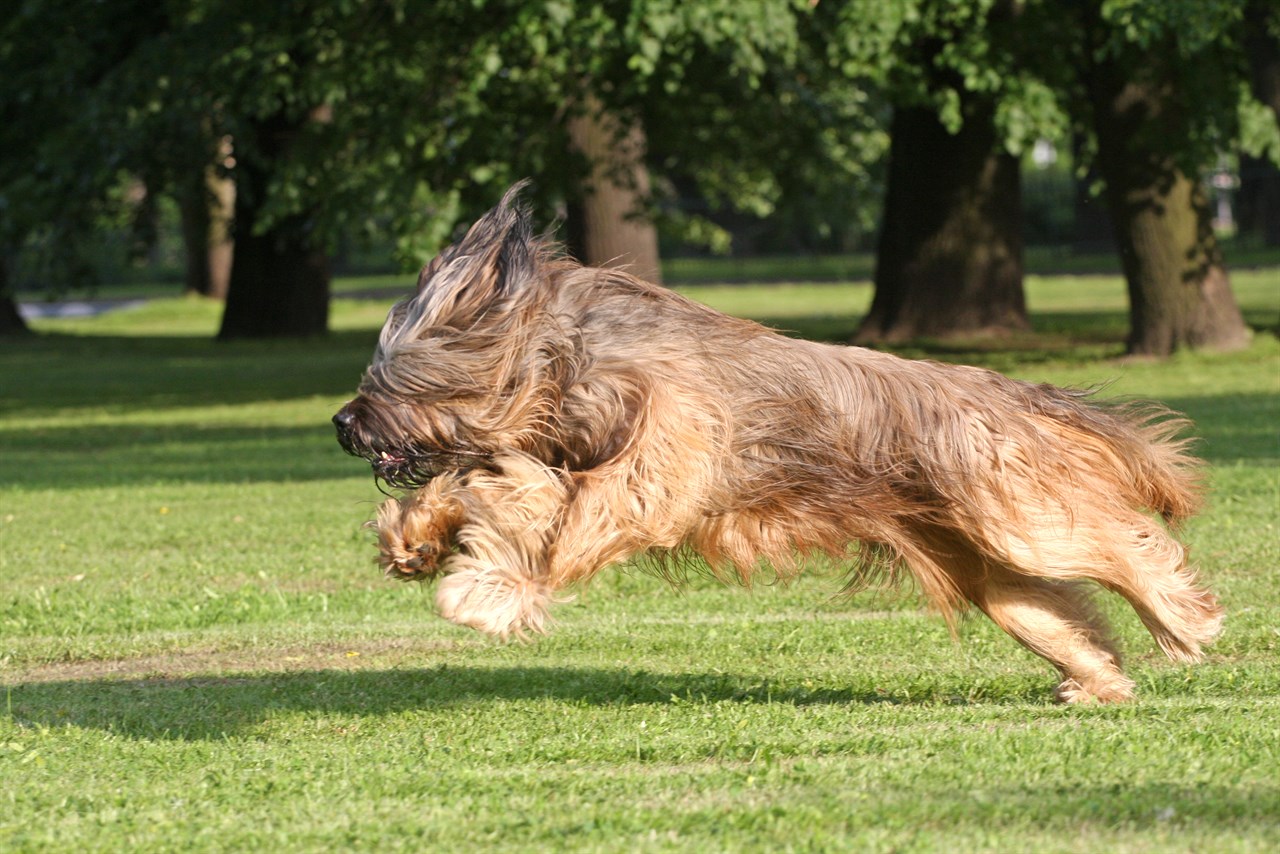Barking Habits of the Briard: A Vocal Guardian

The Briard is known for its alert and protective nature, which often manifests in its barking habits. Understanding why and when Briards bark can help you manage their vocal tendencies and foster a harmonious living environment.
Key Characteristics of Briard Barking
- Alertness: Briards are inherently watchful and vigilant dogs. They have a natural instinct to alert their owners to potential intruders or disturbances.
- Protective Instincts: As guardians and protectors, Briards may bark when they perceive a threat or anything unusual in their surroundings. This protective behaviour is one of their defining traits.
- Territorial Behaviour: Briards can be territorial and may bark to assert their presence and mark their territory. This territoriality can extend to your home and yard.
- Communication: Like most dogs, Briards use barking as a form of communication. They may bark to express excitement, anxiety, boredom, or to seek attention.
- Herding Heritage: Briards have a herding background, and barking was historically used to move and control livestock. This herding instinct may sometimes lead to barking, especially when they want to gather or direct people or animals.
Managing Briard Barking
While the Briard's protective and alert nature can result in barking, there are strategies you can employ to manage and control their barking habits:
- Early Socialization: Expose your Briard to various people, animals, and environments from a young age. This can help reduce anxiety-related barking and make them more comfortable with different situations.
- Training: Consistent and positive reinforcement-based training is essential. Teach your Briard commands like "quiet" or "enough" to control barking when it becomes excessive.
- Provide Mental and Physical Stimulation: Briards thrive when mentally and physically engaged. Regular exercise, interactive toys, and puzzle games can help prevent boredom-related barking.
- Establish a Routine: Briards benefit from structure and routine. Establish a predictable daily routine for feeding, exercise, and play to reduce anxiety-related barking.
- Secure Your Property: If your Briard barks at passersby or other animals through windows or fences, consider obstructing their view to minimise triggers.
- Address Anxiety: Separation anxiety or fear-related barking may require special attention. Consult with a professional dog trainer or behaviourist for guidance.
- Social Interaction: Ensure your Briard receives adequate social interaction and attention. Loneliness or lack of companionship can lead to attention-seeking barking.
- Consult a Professional: If your Briard's barking becomes a persistent issue despite your efforts, consult with a professional dog trainer or behaviourist for specialised guidance and training.
Common Questions About Briard Barking
Do Briards bark a lot?
Briards can be vocal dogs, especially when they are alert or perceive a threat. Their barking tendencies can vary, but they are known for their protective and watchdog behaviour.
Can Briard barking be controlled?
Yes, with consistent training and proper management, you can control and reduce excessive barking in Briards. Positive reinforcement-based training is particularly effective.
Are Briards good guard dogs because of their barking?
Yes, Briards make excellent guard dogs due to their protective instincts and vocal nature. They will alert you to potential intruders or disturbances.
In summary, Briards are vocal dogs that use barking as a means of communication, protection, and expression. While their alertness and protective instincts can lead to barking, proactive training and socialisation can help manage and control this behavior, allowing you to enjoy a peaceful and harmonious living environment with your Briard.